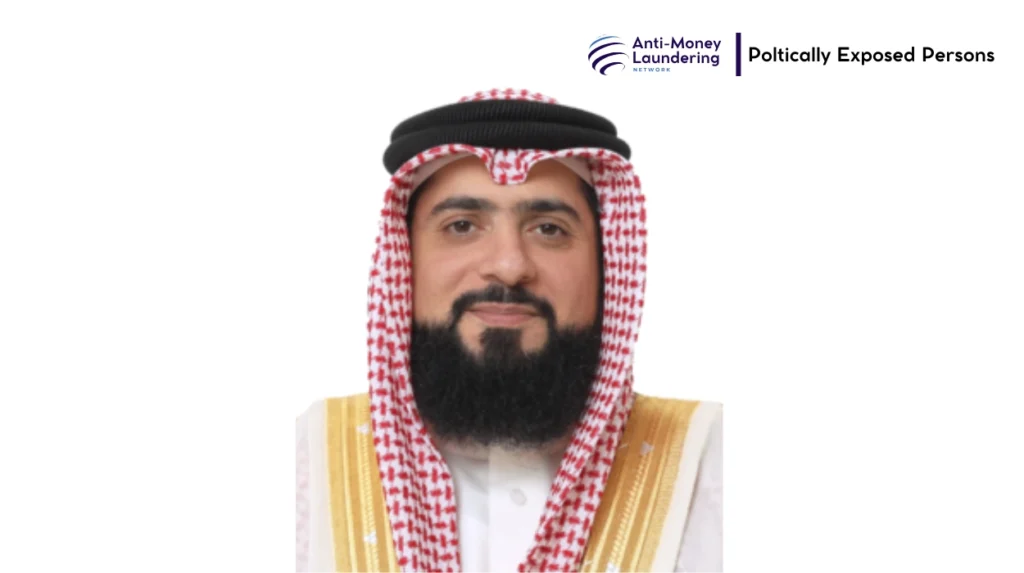Bahrain’s political system faces significant challenges in transparency, accountability, and anti-corruption enforcement. Despite adopting some anti-corruption strategies, the ruling elite’s dominant control over the judiciary and state institutions fosters an environment where impunity prevails. The royal family’s influence over key state functions obstructs genuine judicial independence and enables the abuse of public resources. Civil society participation is heavily restricted, further undermining efforts to combat corruption and enhance public oversight. This systemic weakness allows politically exposed persons and elites to exploit their positions with limited risk of sanction or exposure, severely eroding public trust and hindering Bahrain’s developmental goals.
MP Mohamed Salman Al Ahmed from Bahrain, as a Politically Exposed Person (PEP), does not appear in publicly available credible sources as an individual directly implicated in money laundering or financial misconduct. However, the political environment in Bahrain is widely criticized for systemic corruption, elite shielding, lack of rule of law, and political interference in the judiciary that collectively allow potential abuse of office and illicit financial flows by the political class. The lack of transparency and strong institutional checks means that any political figure in the system operates with a degree of impunity, which raises reasonable suspicion of undeclared financial activities among its elites. Enhanced due diligence and continuing monitoring are advised given Bahrain’s broader challenges with corruption and lack of enforcement transparency.

